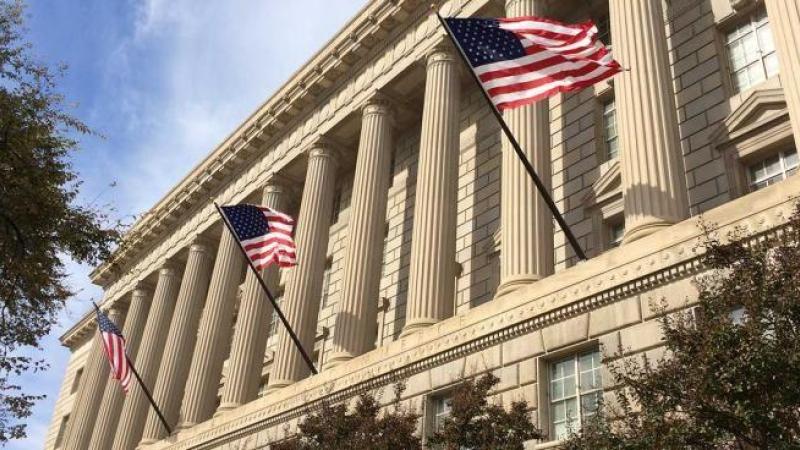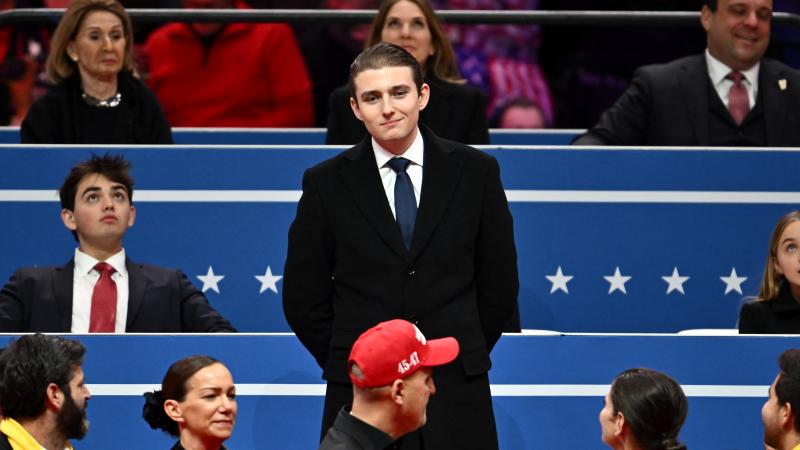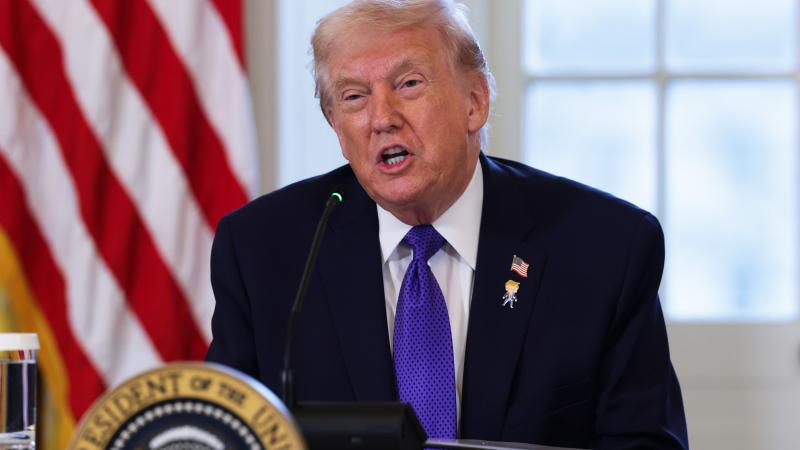Consumer trends suggest lower spending, potential economic shift in post-COVID landscape
Less meals out, more home-based entertainment on the horizon.
Consumers are indicating a continued preference for more home-based economic activity even as the pandemic continues to recede, according to a new survey, suggesting that the post-COVID-19 economic landscape may continue to shift in ways that would have seemed unthinkable prior to last year.
A report on U.S. consumers by the British-based firm L.E.K. Consulting — released in two parts, one in May and the other last week — indicates a looming series of "priority resets" regarding spending habits on the other side of the coronavirus pandemic.
As the COVID-19 outlook continues to improve, "many consumers expect to continue spending more on groceries, healthcare products, and at-home entertainment," the survey found, while conversely they "expect to continue spending less on dining out, out-of-home entertainment (e.g., sporting events), and taxis and ride shares."
Those numbers are likely being driven by significantly altered spending patterns that occurred during the rolling lockdowns and business shutdowns that marked the pandemic in the U.S.
A majority of respondents in the survey agreed that the pandemic's unique circumstances "made them realize that at least some of their pre-COVID-19 discretionary spending was unnecessary." Just 39% of consumers "expect to return to their pre-pandemic activities and levels of spending" post-pandemic, the survey found.
The report also predicted what it called a "new wave of telecommuting," with a full one-fifth of respondents stating that they planned to work remotely "at least 80% of the time." Such a shift would likely have ripple effects throughout the economy due to reduced presence in offices around the country, which —particularly when coupled with the intent to dine out less — would likely mean major downticks in professional lunches and other weekday economic activities.
The firm identified 19% of its respondents as "newly frugal consumers" who are "more critical of their post-COVID-19 discretionary spending." These individuals "skew a bit lower in income and are disproportionately single," according to the report.
The economy will "see some lasting changes from the pandemic, such as a shift to more online purchasing, for example," agreed Michael Solomon, a global consumer consultant and a professor of marketing at Saint Joseph's University.
"However, people tend to have short memories," he said. "While a lot of Americans were very adversely affected economically, many others were not and are actually sitting on a pile of money they didn't spend on their regular activities during lockdown. As a result, there is huge pent-up demand."
Solomon said that current data only reflects consumer preferences "early into the recovery process" and that "in 3-5 years we will continue to see shifts in spending (e.g. more spend on wellness products and services, home office supplies, etc.) but a sizable proportion of the consuming public will revert to old habits."
Kara Gelber, a spokeswoman for the tech and data firm Morning Consult, noted that the organization "has been tracking consumer comfort returning to pre-pandemic habits and activities, including shopping, every week since spring of 2020."
Current data, she said, shows that "43% of consumers report spending the same amount as before the pandemic," while "28% are spending less in general, and 23% are spending more."
Morning Consult's data shows positive trends in specific consumer attitudes. In May of last year, for example, amid widespread fear of the spread of COVID-19, barely 20% of consumers felt comfortable shopping at a mall, while that number had more than tripled to 66% by this month.
Positive signals notwithstanding, the pandemic may have reshaped the consumer landscape, according to L.E.K.
"Don't expect a full reversion to pre-pandemic behaviors across the board," warns the firm's report. "Certain changes in consumer behaviors are expected to transcend the crisis," and that means "organizations will need to evolve their business models to address the new realities and the risks from shifting consumers preferences."















